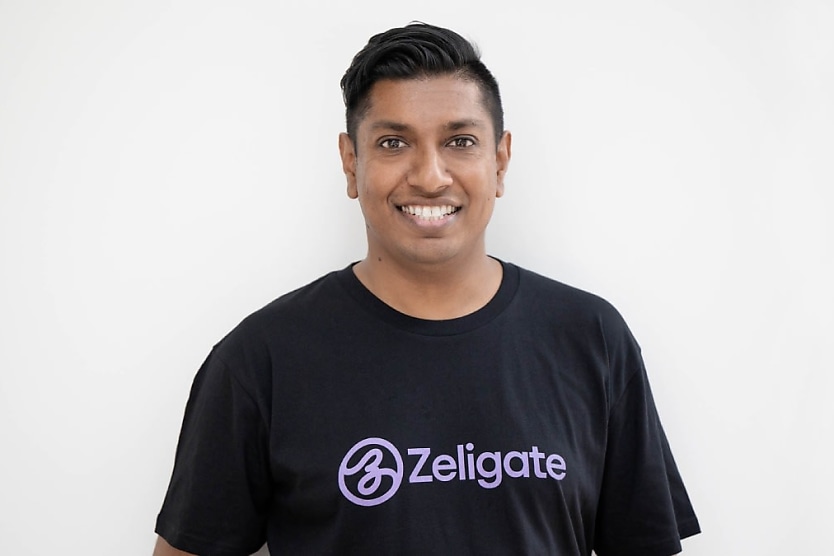A glimpse into the future of HR
SHARE THIS ARTICLE

It’s no secret that in the space of two years, artificial intelligence (AI) has widely disrupted the HR sector. The recruitment industry alone is valued at a staggering US$761.6 billion in 2023, and it’s only set to grow, making it lucrative for newcomers.
Of course, with every opportunity comes significant challenges – and as new players in the field, our team was eager to learn quickly from the world’s best. That’s why we recently attended an HR technology conference in Las Vegas. There, we had the privilege of gleaning insights from 10,000 of our peers in attendance.
The expo helped us understand emerging technologies’ impact on entire industries. Inspired by this, I wanted to reflect on this experience and share three key takeaways on the current state – and the future – of recruitment.
You can no longer have HR without AI
AI is already being woven into various HR processes, and the breadth of adoption is only accelerating. The effectiveness and efficiency of AI means its benefits are self-evident, with the innovation we’re already seeing a testament to the industry’s appetite for further integration.
A key trend we are observing is the increasing use of “bots”, essentially AI programs that replicate human interactions and offer user-requested information or action learnt processes when asked to by a user.
Simulated interpersonal interactions are a popular feature of many AI products as they make complex tech processes feel like friendly collaborations between colleagues. While many of the AI bots we saw could perform tasks similar to the ubiquitous ChatGPT, few had the ability to learn directly and adapt alongside the user.
This is where we realised there can be a powerful point of difference. AI bots that learn the more they interact with the user, eventually synchronising with a team or individual’s work habits, will undoubtedly be the next step in AI’s evolution in the workplace – and it’s one we intend to explore further.
With AI’s ability to learn and adapt, HR solutions continuously evolve and become personalised, aligning seamlessly with the ever-changing needs of every user. Through personalisation, AI is capable of delivering recommendations, insights, and workflows that resonate with each worker’s specific challenges.
Addressing fragmentation in HR
It’s becoming apparent that many solutions are designed to cater to specific, standalone tasks within the HR industry. While this specialisation may seem beneficial, it often leads to isolated offerings within different verticals. This fragmented approach eventually results in data silos and inefficiencies within organisations, not to mention unbalanced tech stacks and mounting subscription costs.
To effectively leverage AI in the sector, addressing these concerns and prioritising integration is crucial. Rather than focusing solely on individual tasks, HR professionals should seek comprehensive solutions encompassing various aspects of HR. Organisations can then bridge the gaps between different HR functions, promoting seamless data flow and collaboration.
AI in HR is already crowded
Attending an HR conference opened our eyes to the challenges companies like ours face on the path ahead. The sheer expanse of AI integration and the volume of companies, brands and software across the HR landscape became clear. Stepping away from your desk and seeing what other brands and start-ups are doing in your industry is the best kind of competitor analysis.
There’s a lot of buzz around AI, especially in HR. To avoid getting lost in the noise, tune into the industry and understand what is actually needed and wanted. It’s essential to actively listen to potential clients and competitors, comprehend industry trends, and observe how established businesses navigate challenges.
Denver Naidoo is the founder and chief technology officer at Zeligate.
